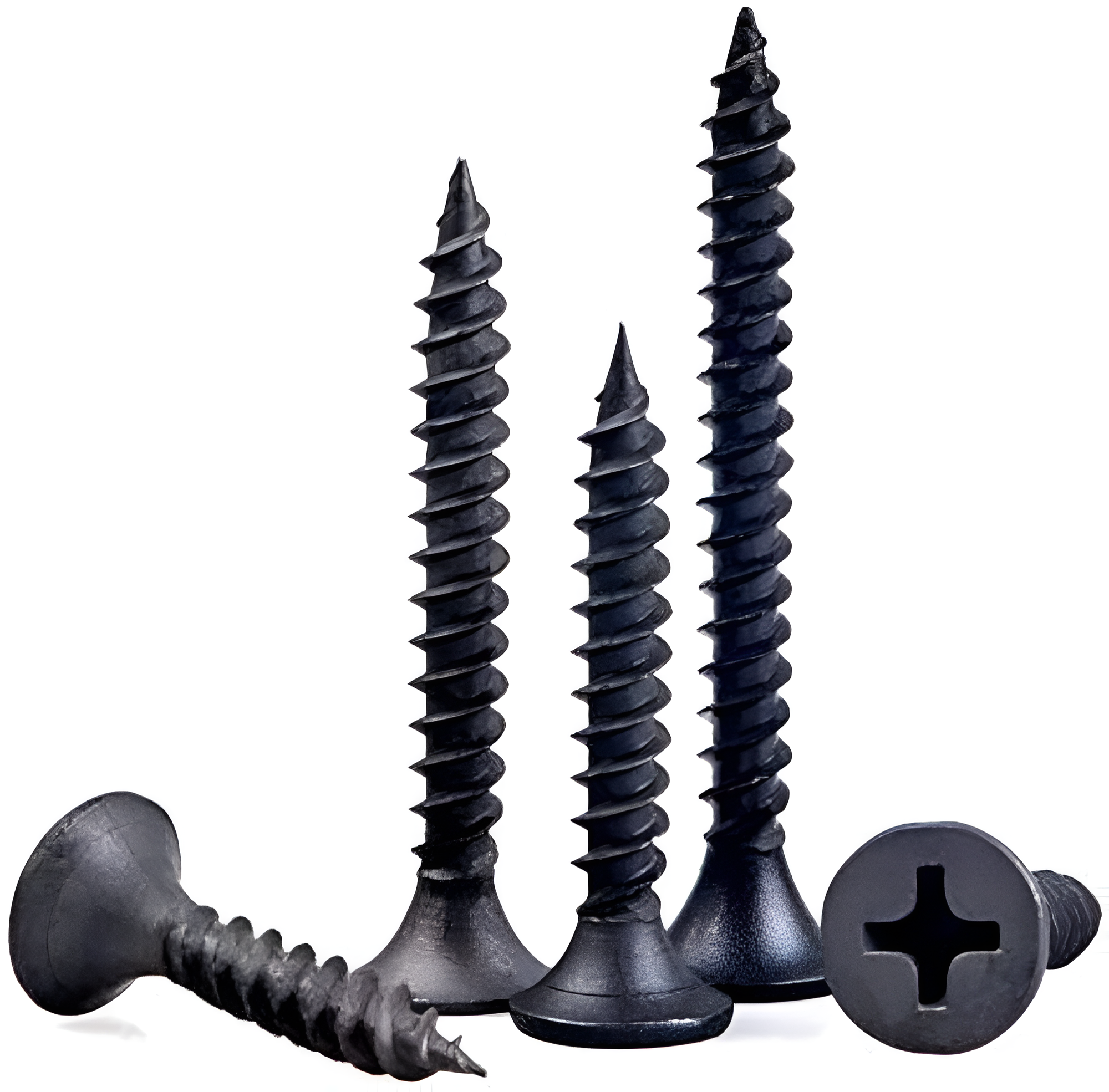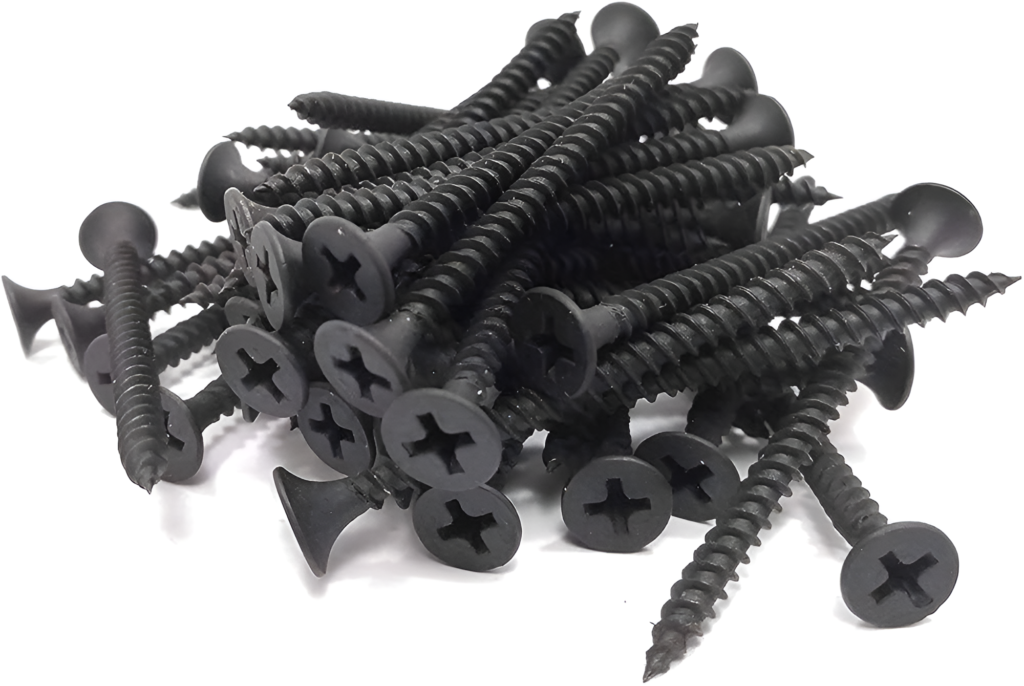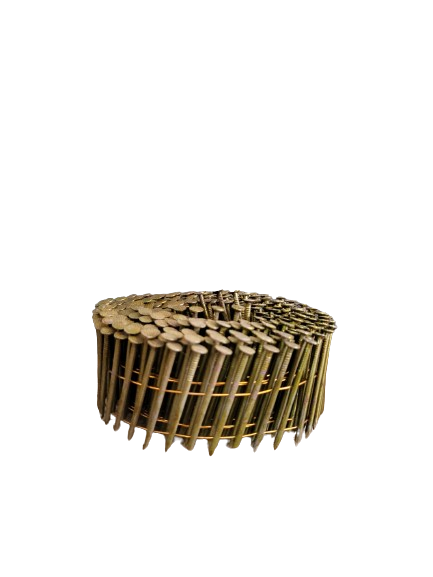What are Drywall Screws?
Drywall screws are essential components in the construction and renovation industries, specifically designed for securing drywall panels to wall studs or ceiling joists. They are characterized by their sharp points, high tensile strength, and specific thread designs, which provide a superior hold compared to traditional nails.
Types of Drywall Screws
- Coarse Thread Drywall Screws: Best suited for fastening drywall to wood studs due to their wider threads, which grip the wood tightly.
- Fine Thread Drywall Screws: Designed for attaching drywall to metal studs, these screws have finer threads that minimize the risk of stripping during installation.
- Self-Drilling Drywall Screws: Equipped with a drill bit-like point, these screws can pierce through metal studs without the need for pre-drilling.
- Self-Tapping Drywall Screws: Ideal for projects that involve thicker or tougher materials, these screws can create their own threads as they are driven in.
Common Applications of Drywall Screws
Drywall screws are versatile fasteners used in various applications, including:
- Drywall to Wood: Coarse thread screws are perfect for this purpose, providing a strong grip in wood studs.
- Drywall to Metal: Fine thread screws or self-drilling screws are ideal for attaching drywall to metal studs, ensuring a secure and stable attachment.
- Ceiling Installations: Special drywall screws are available for ceiling installations, offering additional holding power to prevent sagging.
Available Sizes in Drywall Screws
- Drywall Screw 6 x 13(3.5 x 13)mm
- Drywall Screw 6 x 16(3.5 x 16)mm
- Drywall Screw 6 x 19(3.5 x 19)mm
- Drywall Screw 6 x 25(3.5 x 25)mm
- Drywall Screw 6 x 32(3.5 x 32)mm
- Drywall Screw 6 x 38(3.5 x 38)mm
- Drywall Screw 6 x 50 (3.5 x 50)mm
- Drywall Screw 6 x 60(3.5 x 60)mm
- Drywall Screw 6 x 75 (3.5 x 75)mm
Common Mistakes to Avoid
Avoid these common mistakes when working with drywall screws:
- Overdriving Screws: Driving screws too deep can tear the drywall paper, reducing the holding power. Adjust the screw gun’s depth setting to prevent this.
- Using the Wrong Type of Screw: Using coarse thread screws on metal studs, for instance, can lead to inadequate grip and stability.
- Incorrect Spacing: Failing to space screws correctly can lead to weak points in the drywall, causing it to sag or crack over time.
Advantages of using Drywall Screws
Drywall screws offer several benefits that make them the preferred choice for drywall installations:
- Strong Holding Power: The threads of drywall screws provide a firm grip, reducing the risk of the drywall becoming loose over time.
- Easy Installation: Designed for use with screw guns or drills, drywall screws can be quickly and easily installed, saving time on large projects.
- Durability and Resistance to Rust: With the right coating, drywall screws can resist rust and corrosion, ensuring the longevity of the installation.
Conclusion
Choosing the right drywall screws is essential for the success and longevity of your drywall installations. By understanding the types, materials, sizes, and best practices for installation, you can ensure a smooth and efficient process that results in a professional finish.
This blog aims to provide you with all the necessary information about drywall screws to help you make informed decisions on your next construction or renovation project.





